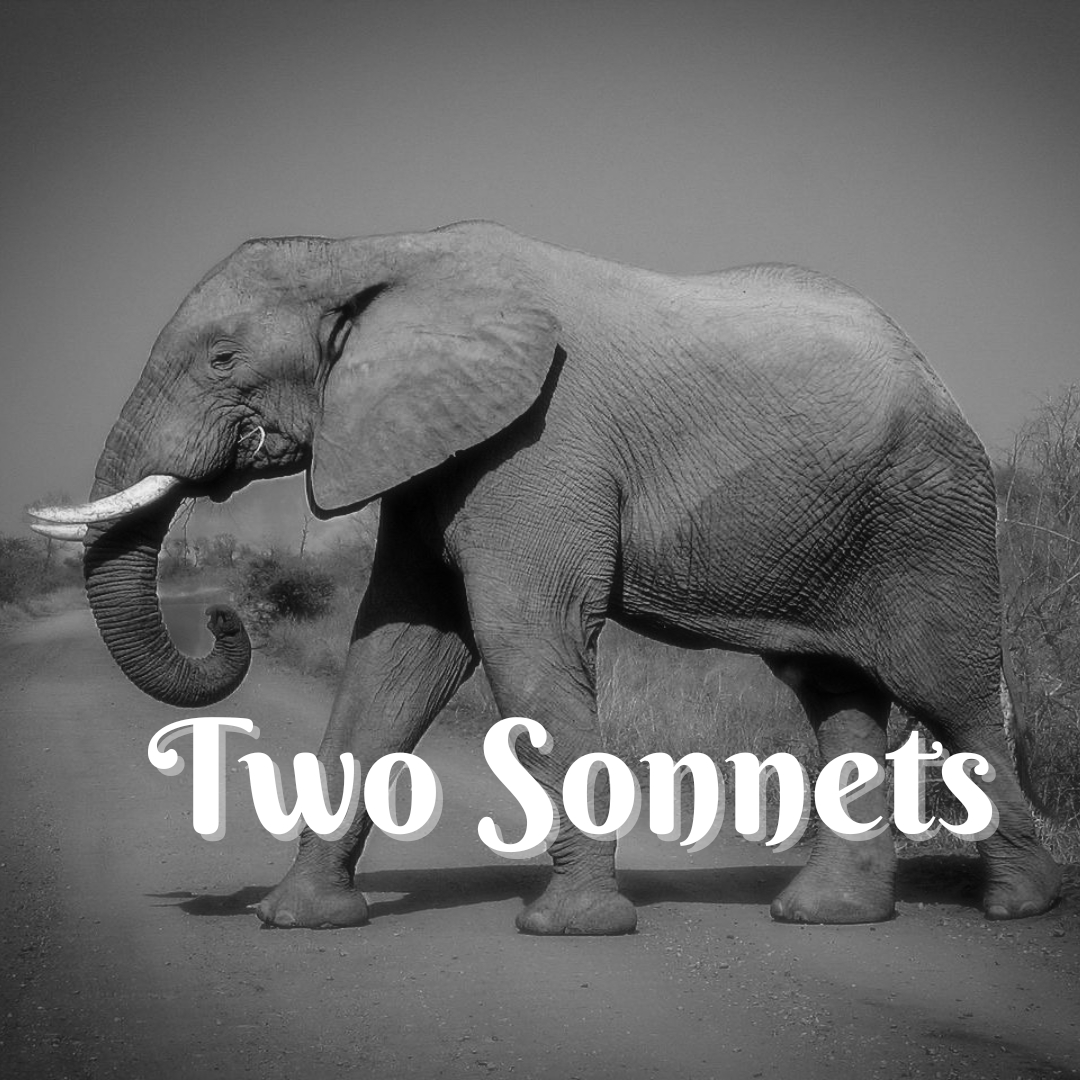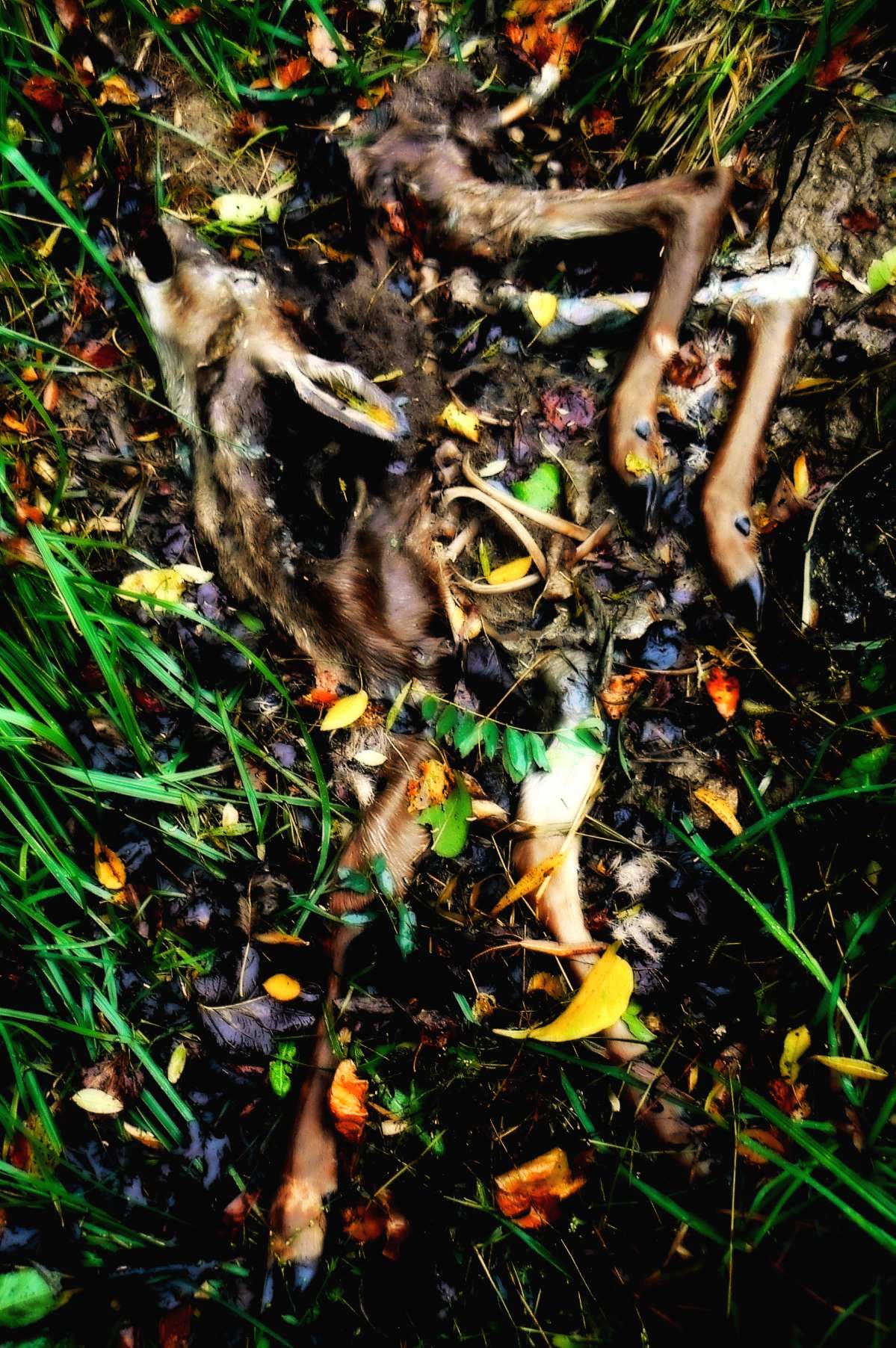
Just under a month ago, when I began my war on the mice, I wrote this poem describing my conflicted emotions at having to finish killing a mouse that had been maimed by a trap I had set. After weeks of very little success with the traps, at least on my part, I have rather reluctantly gone another ancient route to eliminate pests, the route of poison. I do not know how you feel about such things, I myself am again conflicted, but the mice were really getting out of hand, even chewing up the very candle in these images which had heads of wheat decoratively pressed into its base and was located in the living room, far away from the admittedly messy kitchen. At any rate, when I found this little fellow on the stairs, despite my antagonism at the presence of him* and his kin in the house, I was once again taken by the beauty of these creatures. A nearby wilting poinsettia leaf and a candle made for great accessories to accentuate his perfection. I imagine it as scene that might have come straight out a Redwall novel by Brian Jacques.

My own affinity for the beauty of mice, though, comes not from Brian Jacques but rather from C.S. Lewis. His noble mouse Reepicheep is one of my favorite Narnians. More salient to the current discussion, though, is this passage from That Hideous Strength, in which the character Ransom, who has been to a new Eden and taken on Adamic and Christ-like characteristics by living there and suffering to maintain it’s “un-Fallenness,” demonstrates what life might be like in a less violent, more properly ordered world, as he calls for some mice to clean up the crumbs from his lunch. I look forward to such a world.
“Now, Mrs. Studdock,” said the Director, “you shall see a diversion. But you must be perfectly still.” With these words he took from his pocket a little silver whistle and blew a note on it. And Jane sat still till the room became filled with silence like a solid thing and there was first a scratching and then a rustling and presently she saw three plump mice working their passage across what was to them the thick undergrowth of the carpet, nosing this way and that so that if their course had been drawn it would have resembled that of a winding river, until they were so close that she could see the palpitation of their noses. In spite of what she said she did not really care for mice in the neighborhood of her feet and it was with an effort that she sat still. Thanks to this effort she saw mice for the first time as a really are – not as creeping things but as dainty quadrupeds, almost, when they sat up, like tiny kangaroos, with sensitive kid-gloved forepaws and transparent ears. With quick inaudible movements they ranged to and fro till not a crumb was left on the floor. Then the blew a second time on his whistle and with a sudden whisk of tails all three of them were racing for home and in a few seconds had disappeared behind the coal box. The Director looked at her with laughter in his eyes. …
“There,” he said, “a very simple adjustment. Humans want crumbs removed; mice are anxious to remove them. It ought never to have been a cause of war.”
*I actually have no real idea if he was actually a “he.”
















